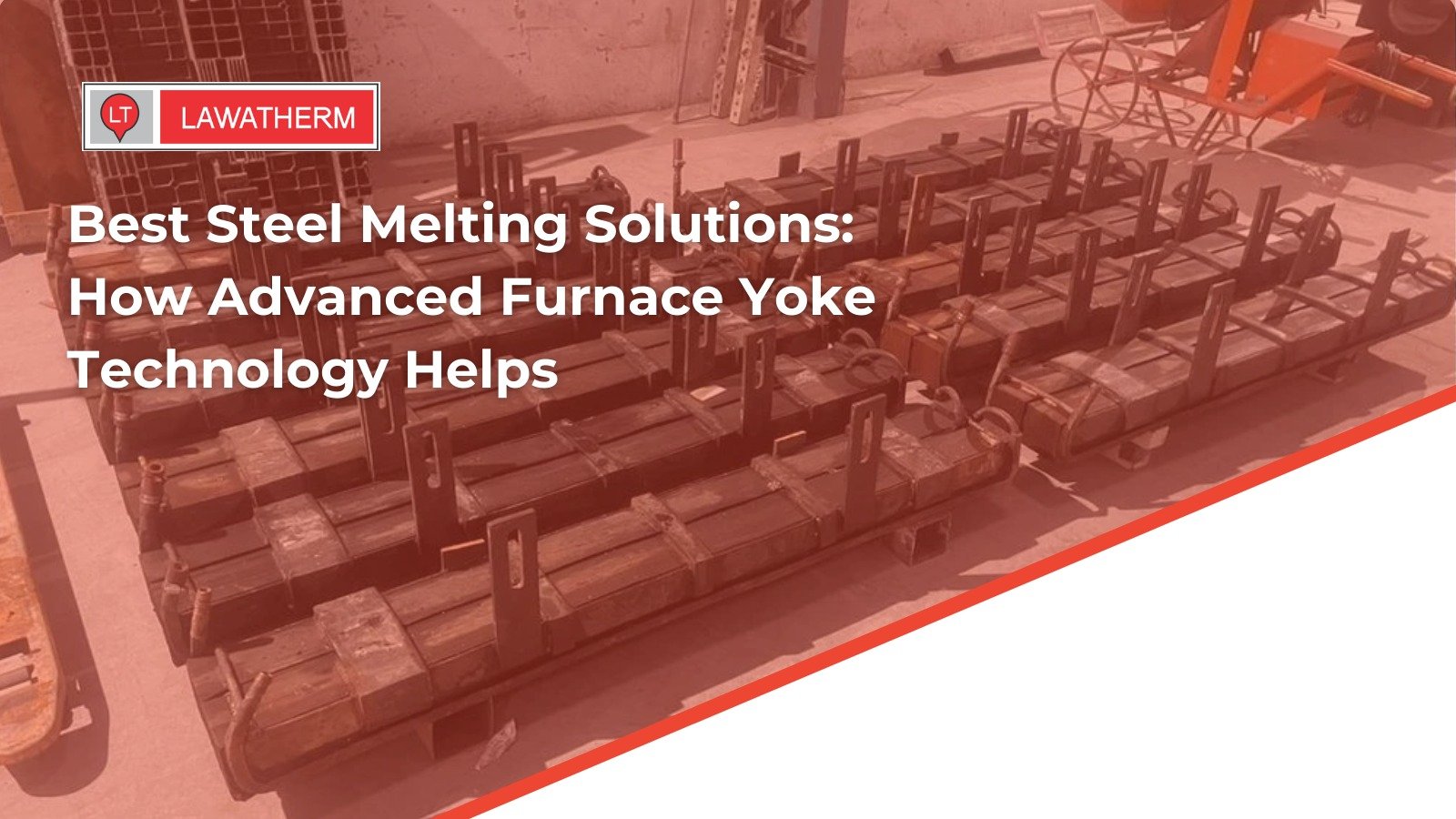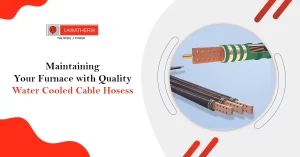Steel melting is a crucial process in industrial manufacturing, and the efficiency of this process largely depends on the technology used. One of the key induction furnace components that contribute to seamless steel melting is the Induction Furnace Yoke. This component plays a vital role in enhancing energy efficiency, improving furnace longevity, and ensuring optimal performance.
At Lawatherm, we understand the importance of using high-quality Induction Furnace Yokes to achieve superior results in steel manufacturing. This article explores how advanced furnace yoke technology enhances steel melting solutions and why industries should invest in the right equipment.
Understanding the Induction Furnace Yoke
The Induction Furnace Yoke is a critical component that supports the induction furnace components in steel melting. It primarily functions to reduce magnetic losses and improve the furnace’s overall efficiency. The yoke is typically made from laminated steel and is strategically placed to direct the magnetic field towards the metal being melted.
This ensures that the energy used in the process is efficiently converted into heat, reducing wastage and optimizing performance. With innovations in induction heater yoke technology, steel manufacturers can achieve greater productivity with lower operational costs.
Benefits of Advanced Furnace Yoke Technology
- Improved Energy Efficiency: A high-quality Induction Furnace Yoke reduces stray losses and ensures more energy is utilized for steel melting, lowering power consumption.
- Enhanced Furnace Durability: Protects the furnace coil from excessive heating, extending the lifespan and minimizing maintenance downtime.
- Higher Melting Speed: Ensures uniform heat distribution, reducing melting time and improving production efficiency.
- Reduction in Electromagnetic Interference: Helps mitigate electromagnetic interference, ensuring a safe working environment.
- Cost Savings on Maintenance and Repairs: A durable Induction Furnace Yoke reduces frequent maintenance needs, lowering operational costs.
Choosing the Right Induction Furnace Yoke
Selecting the appropriate Induction Furnace Yoke depends on several factors:
- Material Quality: High-grade laminated steel ensures maximum efficiency and durability.
- Design Compatibility: The yoke should align with the specific furnace design to optimize performance.
- Manufacturer Reputation: Choosing a trusted brand like Lawatherm guarantees high-quality induction furnace components.
- Energy-Saving Capabilities: Opt for yokes designed to minimize power losses and enhance melting efficiency.
How Lawatherm Leads in Advanced Furnace Yoke Technology
At Lawatherm, we specialize in providing top-tier induction furnace components, including Induction Furnace Yokes. Our products are designed with precision and tested for durability, ensuring optimal performance in steel melting applications. By incorporating cutting-edge technology and expert engineering, we help industries achieve greater efficiency and productivity.
Conclusion
Advanced Induction Furnace Yoke technology is a game-changer in the steel melting process. It enhances energy efficiency, improves furnace durability, and reduces operational costs, making it an indispensable component in modern steel plants. Investing in high-quality induction furnace components from a trusted brand like Lawatherm ensures long-term benefits and improved performance.
For industries looking to optimize their steel melting operations, upgrading to superior induction heater yoke technology is the key to achieving maximum efficiency and profitability.




